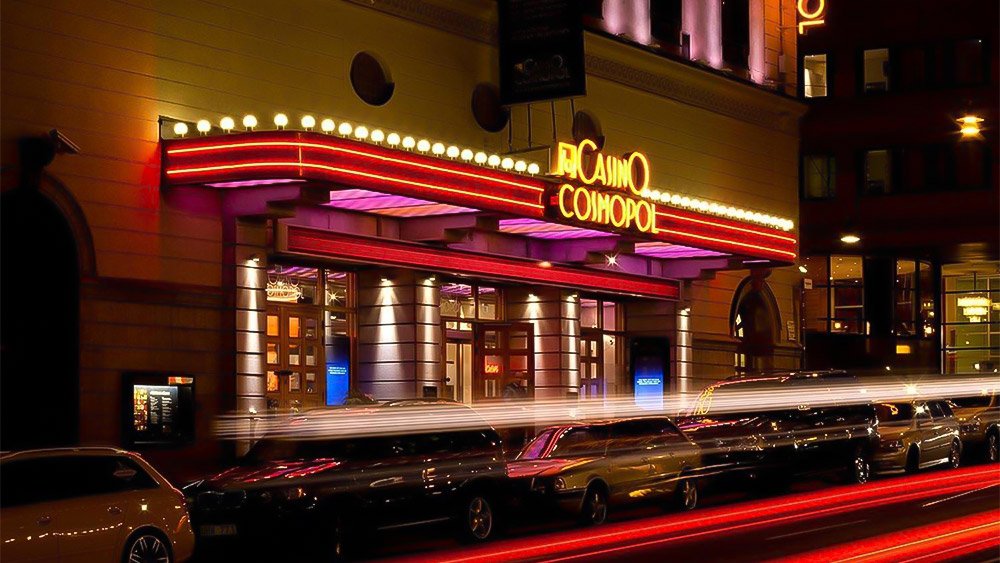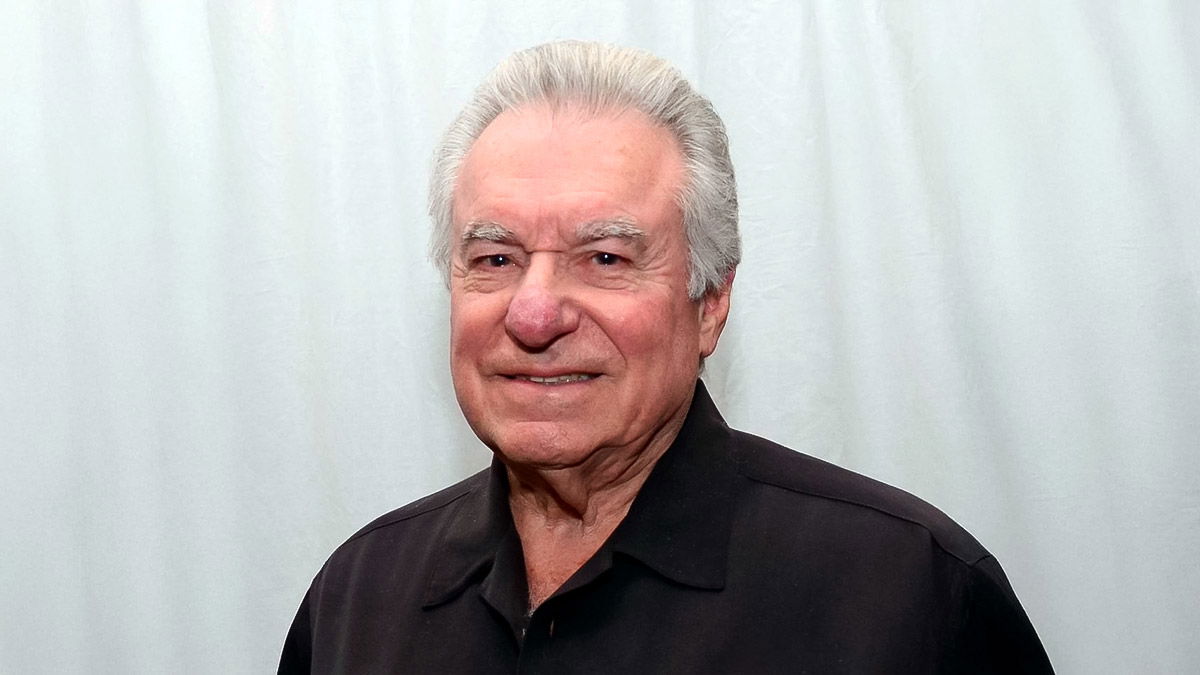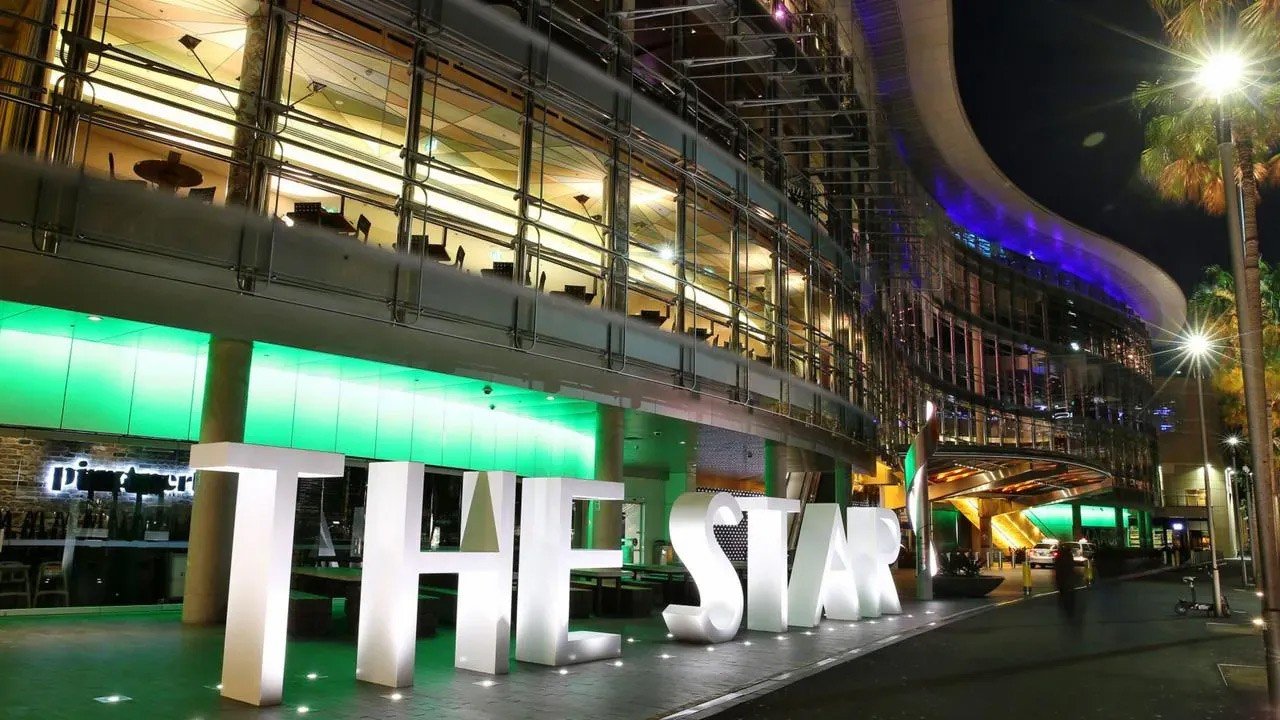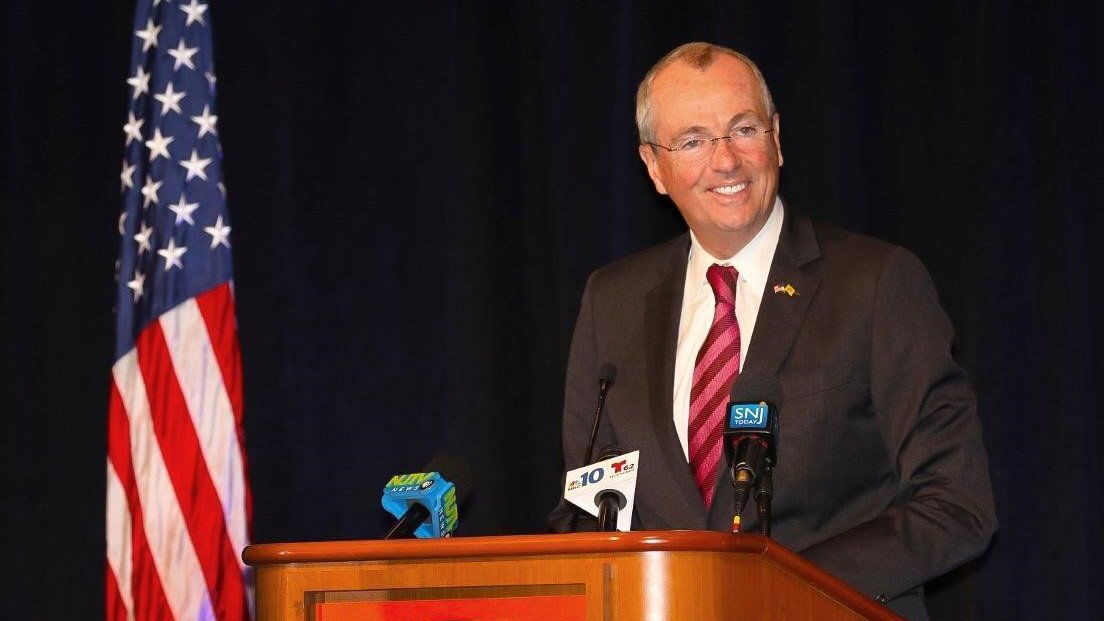Sweden to end land-based casino gambling by 2026

Sweden’s parliament has voted to abolish land-based casino gambling, a decision that will lead to the closure of the country’s last remaining casino and mark a significant shift toward digital gambling.
The Riksdag announced the move on Wednesday, citing declining profitability and visitor numbers at Casino Cosmopol, the state-owned casino brand operated by Svenska Spel. From January 1, 2026, no new land-based casino licences will be issued, effectively ending the presence of physical casinos in Sweden.
Svenska Spel, which holds Sweden’s monopoly on land-based casinos, expressed support for the government’s decision and will begin preparations to shut down Casino Cosmopol’s Stockholm location, the last operational casino in the country.
Ola Enquist, CEO of Casino Cosmopol, acknowledged the challenges facing land-based gaming in Sweden.
“We share the government’s assessment and have been prepared for the Riksdag’s decision,” Enquist said. “Nevertheless, it is of course emotionally tough because it means that an era will end when the casino in Stockholm eventually closes.”
While a firm closure date has not been set, the Stockholm casino will remain open “until further notice.”
The closure will affect nearly 240 employees at Casino Cosmopol in Stockholm. Svenska Spel has begun union negotiations and discussions on how to support staff as operations wind down.
“We are keen to help our employees continue in their working lives after closure,” Enquist added.
Casino Cosmopol’s revenues have dropped sharply in recent years. In 2024, the business generated SEK165 million ($16.9 million), a 65% decline from the previous year, largely due to the closure of its Gothenburg and Malmö locations.
By contrast, Svenska Spel’s Tur lottery division generated SEK5.14 billion ($526 million) in the same period, underscoring Sweden’s shift toward online gambling and other forms of betting.
The closure decision comes despite concerns from Swedish gambling regulator Spelinspektionen and the country’s police authority, which warn that shutting down legal casinos could drive more players to illegal gambling operations.
While Spelinspektionen stated it had “no substantive views” on the closure, the regulator flagged potential risks, including the need for additional funding and resources to combat unlicensed gambling activity.


















































